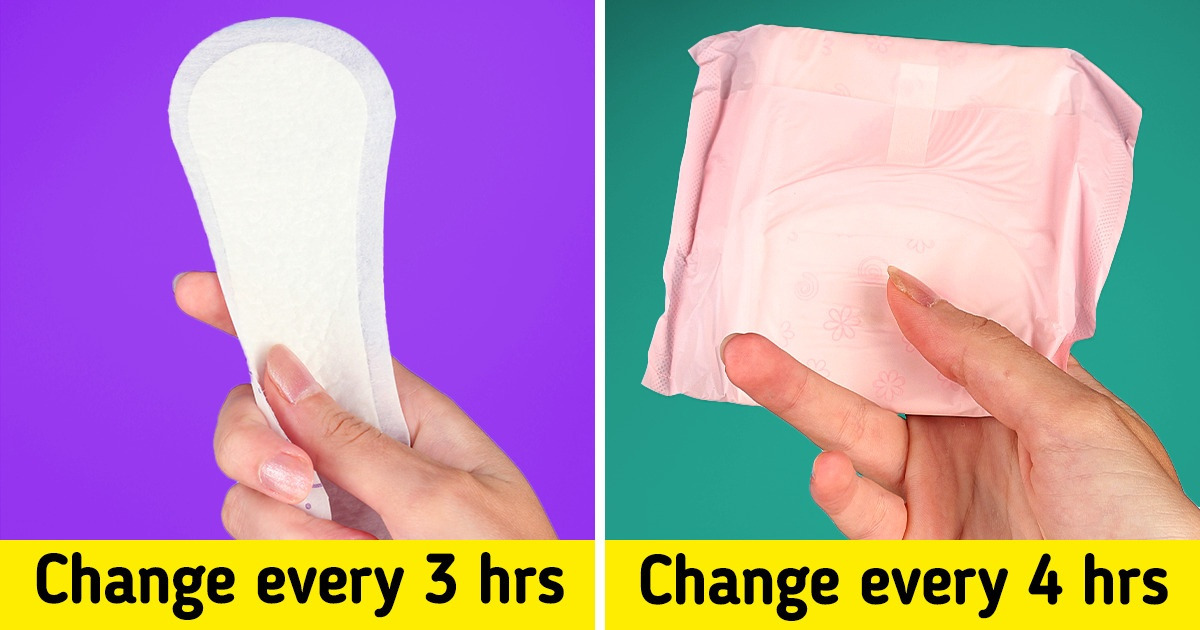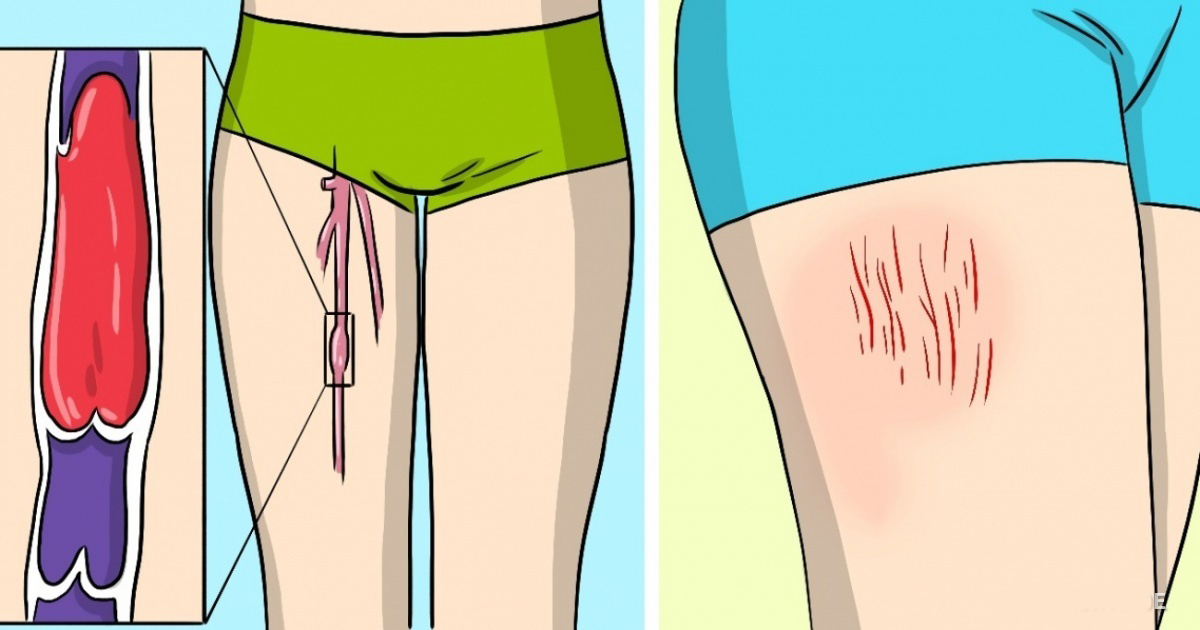Taking care of our teeth is essential not only for a bright smile but also for our overall health. Despite the widespread awareness about oral hygiene, many of us fall into common pitfalls that can lead to tooth decay, gum disease, and other dental issues. In this comprehensive guide, we’ll explore six major mistakes we often make in dental care. Backed by expert advice and credible sources such as the American Dental Association and Mayo Clinic, this article will help you identify these pitfalls and provide actionable strategies to improve your dental hygiene routine. Whether you’re interested in cosmetic dentistry solutions like teeth whitening and dental veneers or preventive care such as regular cleanings and orthodontics, read on to discover how to keep your smile healthy for life.
We Don’t Pay Attention To The Food We Eat: The Impact of Diet on Dental Health
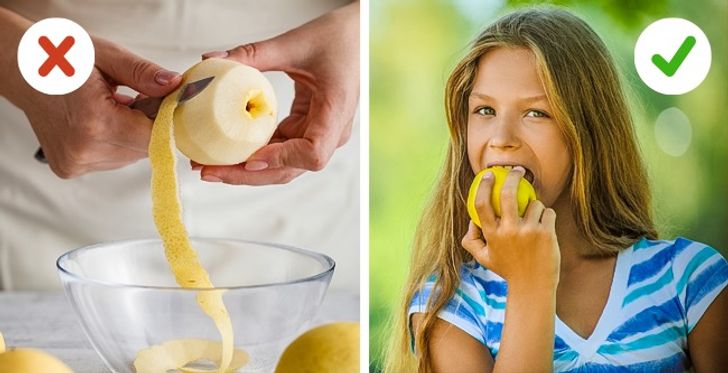
Our dietary choices play a critical role in maintaining oral health. Many people overlook the connection between the food they eat and the condition of their teeth and gums. Consuming high amounts of sugar, acidic beverages, and processed foods not only leads to tooth decay but can also contribute to the erosion of enamel.
The Role of Sugar and Acidic Foods in Tooth Decay
Foods and drinks high in sugar, such as sodas, candies, and pastries, feed the bacteria in your mouth. These bacteria produce acids that gradually dissolve tooth enamel, eventually leading to cavities. Additionally, acidic beverages like citrus juices and sports drinks can wear down the enamel over time. Research from Healthline shows a strong correlation between high sugar intake and the development of dental caries.
Practical Dietary Tips
Choose Dairy Products: Milk, cheese, and yogurt are rich in calcium and phosphates that help rebuild enamel.
Limit Sugary Foods and Drinks: Opt for water, unsweetened teas, or milk instead of sugary beverages.
Increase Crunchy Fruits and Vegetables: Foods like apples, carrots, and celery can help clean your teeth naturally and stimulate saliva production.
We Don’t Use Additional Tooth-Cleaning Devices: Enhancing Your Oral Hygiene Routine
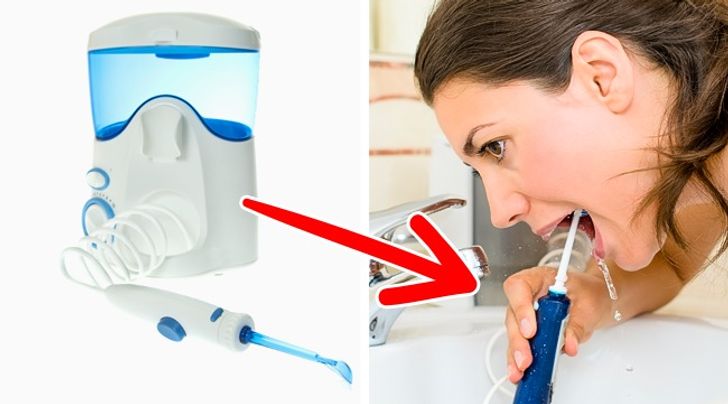
While brushing is fundamental, many of us neglect other essential dental care tools that can significantly enhance our oral hygiene. Beyond the traditional toothbrush, using additional devices such as dental floss, interdental brushes, and water flossers can make a tremendous difference in maintaining clean teeth and gums.
The Importance of Flossing and Interdental Cleaning
Brushing alone cannot remove food particles and plaque that accumulate between your teeth. Flossing helps eliminate debris from hard-to-reach areas, reducing the risk of cavities and gum disease. According to the American Dental Association, incorporating flossing into your daily routine is one of the most effective ways to maintain optimal dental health.
Practical Tips for Using Tooth-Cleaning Devices
Try a Water Flosser: These devices are excellent for those who find traditional flossing challenging, offering a gentle yet effective alternative.
Floss Daily: Use traditional dental floss or floss picks to clean between your teeth.
Invest in an Electric Toothbrush: Electric brushes provide superior plaque removal and are especially beneficial for those with limited dexterity.
We Don’t Take Care Of Our Gums: Preventing Gum Disease and Inflammation
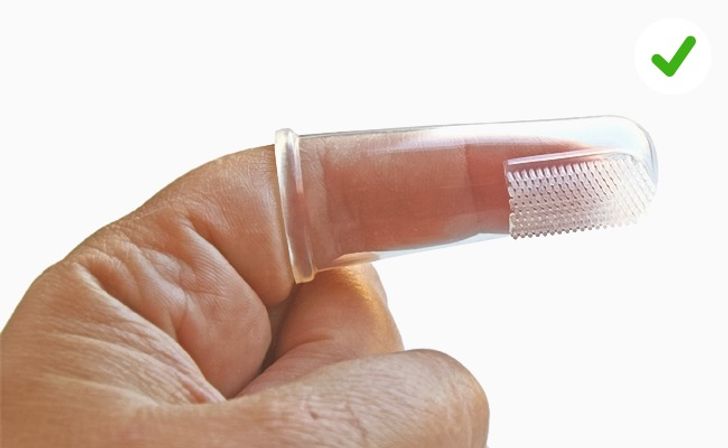
Gum health is often overlooked, yet it is a vital component of overall oral hygiene. Neglecting your gums can lead to gingivitis, periodontitis, and other serious conditions that may eventually result in tooth loss.
The Link Between Gum Health and Overall Well-Being
Healthy gums act as the foundation for your teeth. When gums are neglected, plaque and bacteria can accumulate along the gumline, causing inflammation and infection. Studies from the Mayo Clinic indicate that untreated gum disease is linked to other systemic health issues, including heart disease and diabetes.
Best Practices for Gum Care
Schedule Regular Dental Check-Ups: Professional cleanings and examinations can catch gum issues early and prevent severe complications.
Regular Brushing and Flossing: Make sure to brush at least twice a day and floss daily to remove plaque buildup.
Use an Antibacterial Mouthwash: This helps reduce bacteria in the mouth and prevents gum infections.
We Don’t Get Our Tooth Tartar Removed: The Importance of Professional Dental Cleanings
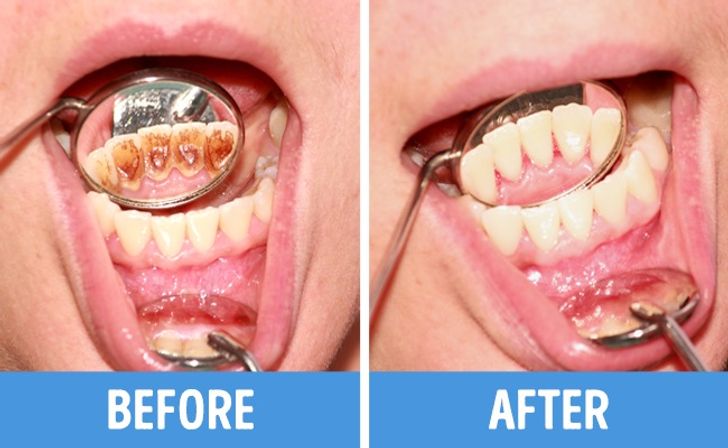
Tooth tartar is a hard, calcified deposit that forms when plaque is not removed effectively through regular brushing and flossing. Over time, tartar buildup can lead to cavities, gum disease, and even bad breath. Many people make the mistake of neglecting professional dental cleanings, thinking that regular brushing is sufficient.
The Dangers of Tartar Buildup
Tartar, once formed, cannot be removed by home brushing alone. It harbors bacteria that contribute to tooth decay and periodontal disease. According to WebMD, the buildup of tartar along the gumline can trigger inflammation and lead to more serious dental problems if left untreated.
Steps to Combat Tartar
Consider Tartar-Control Toothpaste: Some toothpastes are specifically designed to help prevent the buildup of plaque and tartar.
Visit Your Dentist Regularly: Professional cleanings every six months can help remove tartar and prevent complications.
Maintain a Consistent Oral Hygiene Routine: Daily brushing and flossing are essential, but they should be complemented with regular dental visits.
We Think We Are Too Old For Dental Braces: Debunking Age-Related Myths in Orthodontics
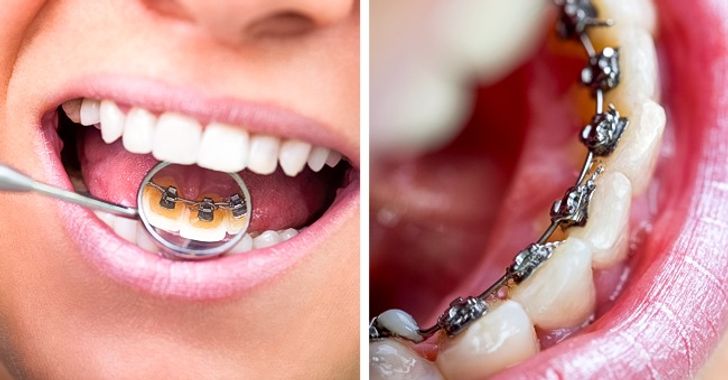
A common misconception is that dental braces and orthodontic treatments are only for children and teenagers. However, many adults can benefit significantly from orthodontic care. Whether it’s for cosmetic reasons or to correct bite issues, dental braces can enhance both the function and appearance of your smile at any age.
Benefits of Orthodontic Treatment for Adults
Advances in dental technology have made orthodontic treatments more comfortable and less conspicuous. Modern options include clear aligners and ceramic braces, which offer a discreet way to achieve straighter teeth. Research published by Colgate highlights that properly aligned teeth can improve oral function, boost self-confidence, and even reduce the risk of dental complications such as gum disease.
Overcoming Age-Related Barriers
Don’t Let Age Limit Your Smile: Embrace the possibility of orthodontic treatment regardless of your age; many adults have successfully transformed their smiles and improved their quality of life.
Explore Modern Orthodontic Options: Consult with an orthodontist about clear aligners or ceramic braces that offer a subtle alternative to traditional metal braces.
Focus on Long-Term Benefits: Consider the improved oral function and overall health benefits that come with properly aligned teeth.
We Don’t Teach Our Children To Take Care Of Their Teeth Properly: Building Lifelong Oral Hygiene Habits
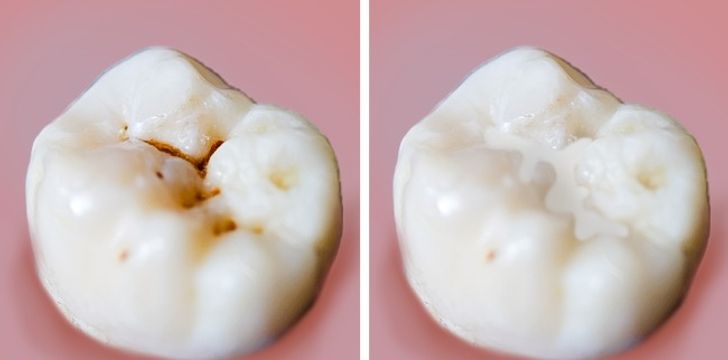
Early education in dental care is crucial for establishing lifelong habits that prevent tooth decay and other dental issues. Unfortunately, many parents overlook the importance of teaching their children proper oral hygiene techniques, which can lead to a lifetime of dental problems.
The Importance of Pediatric Dental Care
Children are especially vulnerable to tooth decay, as their dental hygiene habits are still developing. Instilling good practices early on can set the stage for a lifetime of healthy teeth and gums. The American Academy of Pediatric Dentistry recommends that parents begin cleaning their child’s teeth as soon as the first tooth appears and establish a regular brushing routine by age two.
Tips for Teaching Kids Proper Dental Care
- Make Brushing Fun: Use child-friendly toothbrushes and flavored toothpaste to encourage regular brushing.
- Establish a Routine: Set a daily schedule for brushing and flossing, and lead by example.
- Schedule Regular Dental Check-Ups: Early visits to the dentist can help identify issues early and teach children the importance of preventive care.
- Educate Through Storytelling: Use engaging stories or interactive apps to explain why dental care is essential for a healthy smile.
Conclusion: Transforming Your Dental Care Routine for Lifelong Oral Health
Avoiding these common dental care mistakes is essential for maintaining optimal oral health and preventing costly dental procedures down the road. Whether it’s rethinking your diet, investing in advanced tooth-cleaning devices, paying closer attention to gum health, scheduling regular professional cleanings, debunking myths about adult orthodontics, or teaching your children proper dental care, every small change can have a significant impact on your overall well-being.
By addressing these six major mistakes, you not only protect your teeth from decay and gum disease but also pave the way for a brighter, healthier smile. Adopting a comprehensive dental care routine that includes regular visits to your dentist, proper nutrition, and the use of advanced oral hygiene tools is key to long-term success.
For additional expert advice and up-to-date information on dental health, consider visiting reputable sources like the American Dental Association, Mayo Clinic, and WebMD. These organizations offer invaluable insights and research that can help you stay informed about the latest trends and best practices in oral hygiene.
Remember, your smile is one of your most valuable assets. Investing in your dental health today means not only a more confident appearance but also a lower risk of serious health issues in the future. Start by making small adjustments to your routine, and soon you’ll experience the profound benefits of truly comprehensive dental care. Embrace these expert tips and let your journey toward optimal oral health begin today.
Preview photo credit depositphotos
